Satire
Satire uses humor, irony, and exaggeration to criticize or poke fun at societal norms, politics, or human behavior.
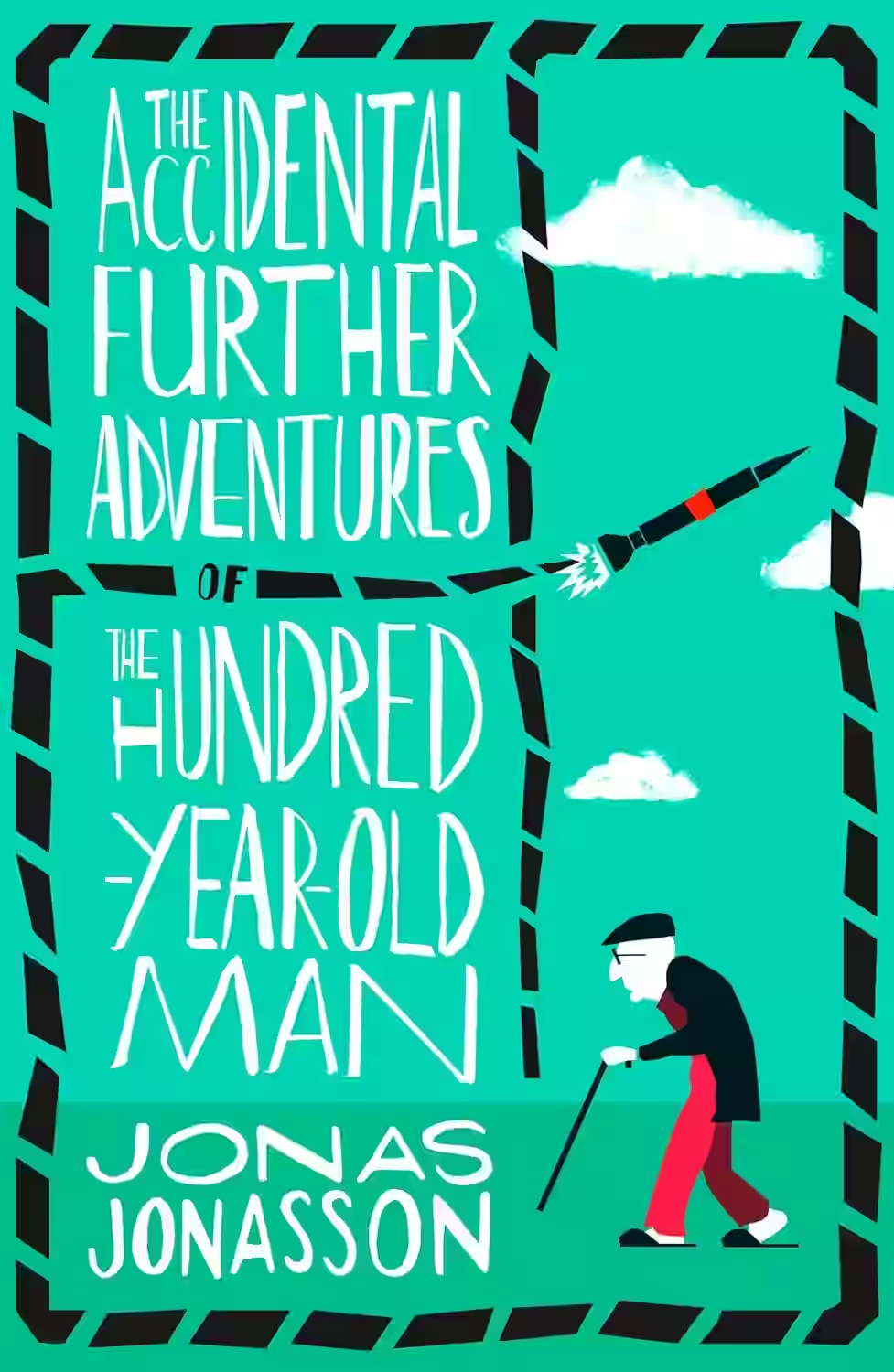
The Accidental Further Adventures Of The Hundred-Year-Old Man
Series: Hundred-Year-Old Man (#2)
In 'The Accidental Further Adventures Of The Hundred-Year-Old Man' by Jonas Jonasson, readers are taken on a humorous and absurd journey following the escapades of Allan Karlsson and his ragtag group of friends. This satirical novel intertwines historical events, political satire, and the outrageous adventures of its protagonist. Continuing from where the first book left off, Allan finds himself embroiled in another series of mishaps and hilarious situations. With witty writing and clever storytelling, Jonasson delivers a tale filled with unexpected twists and quirky characters. This book explores themes of friendship, the absurdity of life, and the impact of one's actions. A delightful read for those who enjoy offbeat humor and unconventional storytelling.

The Hundred-Year-Old Man Who Climbed Out the Window and Disappeared
Series: Hundred-Year-Old Man (#1)
In 'The Hundred-Year-Old Man Who Climbed Out the Window and Disappeared' by Jonas Jonasson, readers are taken on a delightful and quirky journey following the hundred-year-old protagonist, Allan Karlsson, who decides to escape his boring nursing home life by embarking on a series of hilarious adventures. As the story unfolds, we learn about Allan's remarkable past, intertwined with historical events, blending humor, absurdity, and clever storytelling. This book is a whimsical exploration of freedom, friendship, and the unexpected twists that life can bring. With its charming characters and witty narrative, Jonasson creates a unique and engaging tale that captivates readers from beginning to end.
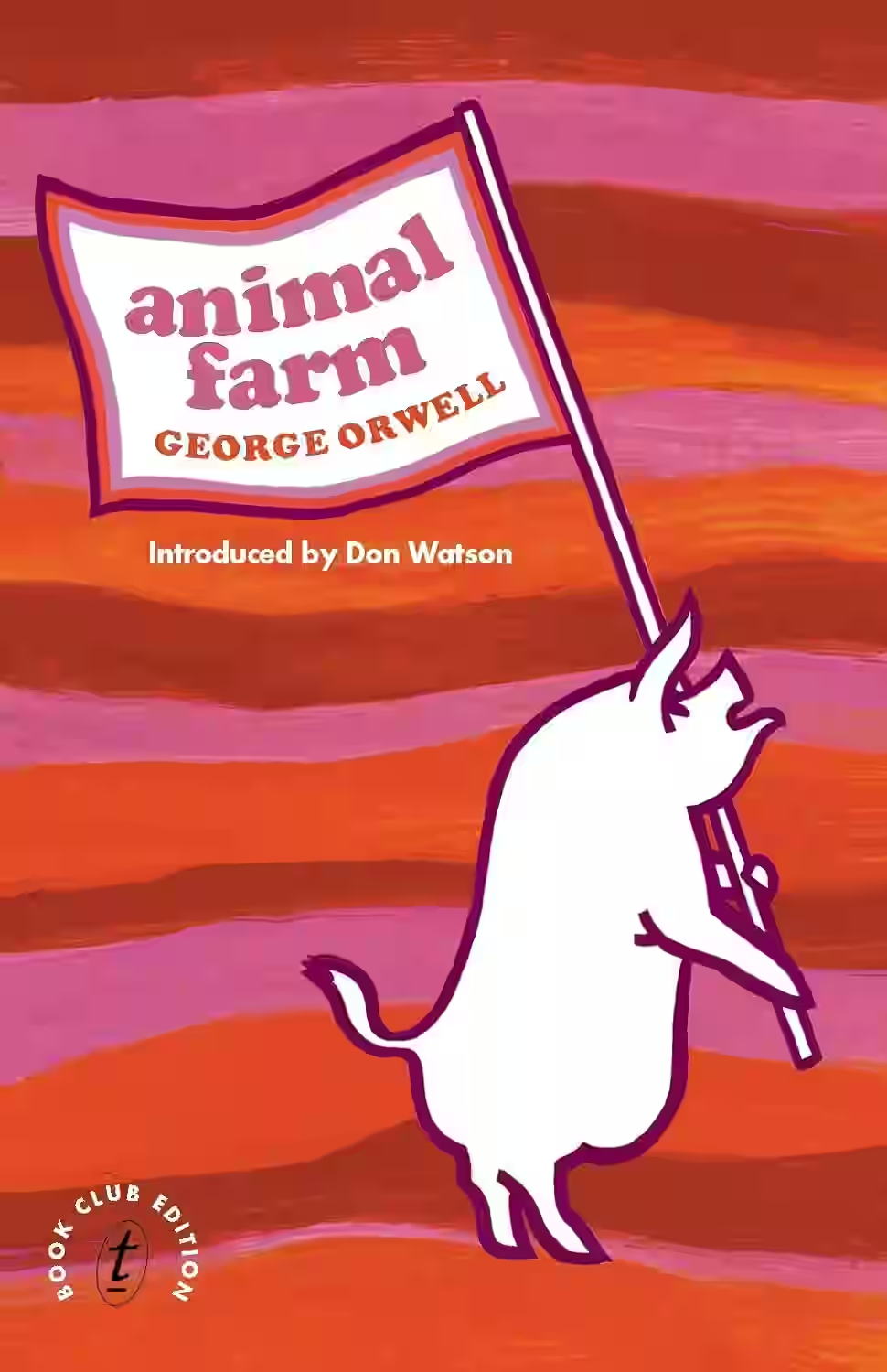
Animal Farm
Animal Farm is a satirical fable by George Orwell, where farm animals overthrow their human owner, seeking equality. But as a new leadership rises, the ideals of their revolution are corrupted, revealing a powerful allegory about power and betrayal.
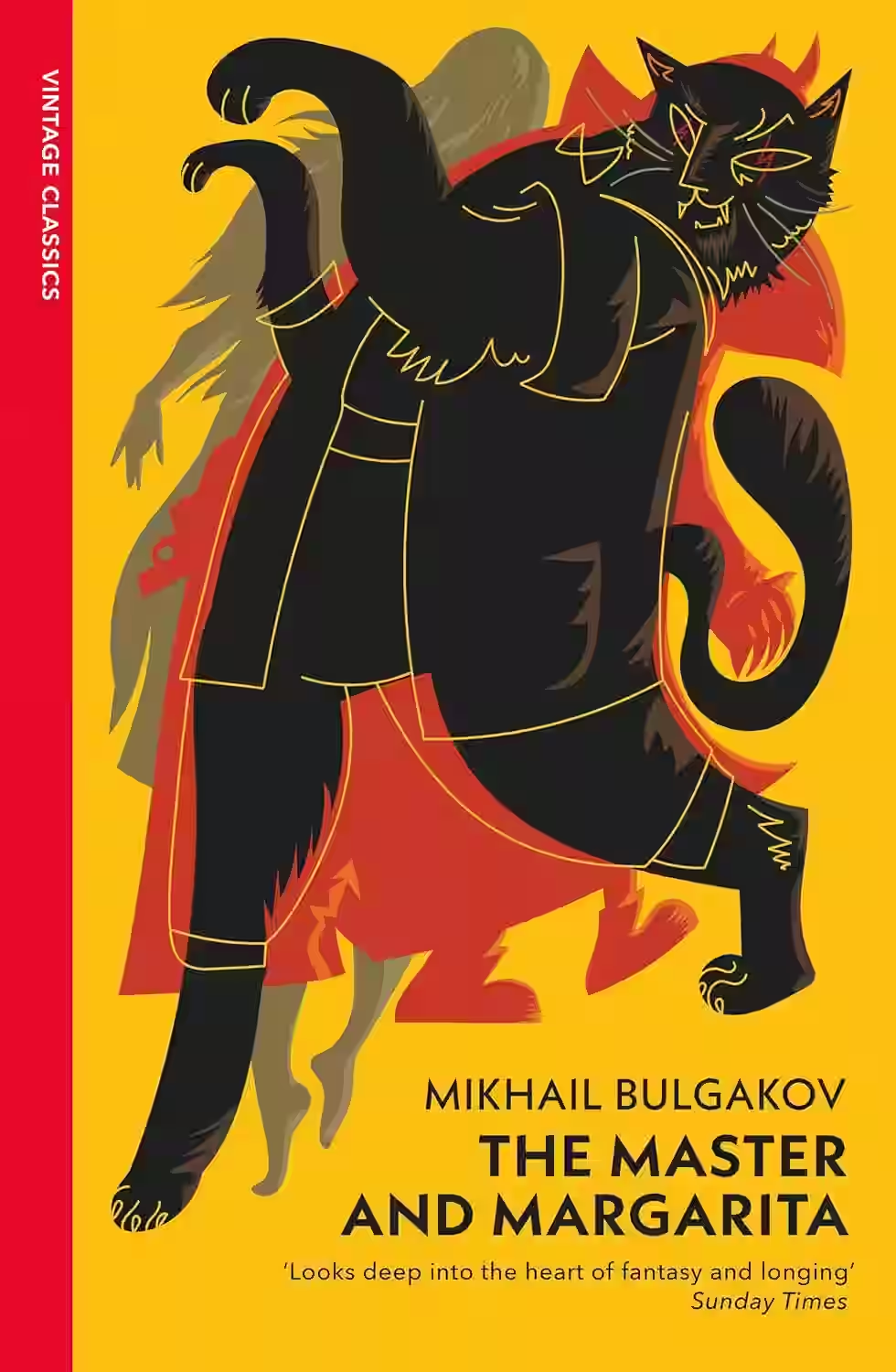
The Master and Margarita
The Master and Margarita is a bold, fantastical reimagining of the Faust and Pilate legends, and a cornerstone of modern Russian literature. Set in 1930s Soviet Moscow, the novel was too subversive to be published during Mikhail Bulgakov’s lifetime, appearing only in censored form decades later. One spring, the devil arrives in Moscow with a bizarre entourage, including a seductive witch and a giant, vodka-loving cat. As they upend a city that denies both God and Satan, they also offer redemption to the Master, a persecuted writer, and Margarita, his devoted lover. Brilliantly satirical and philosophical, it remains a timeless masterpiece.
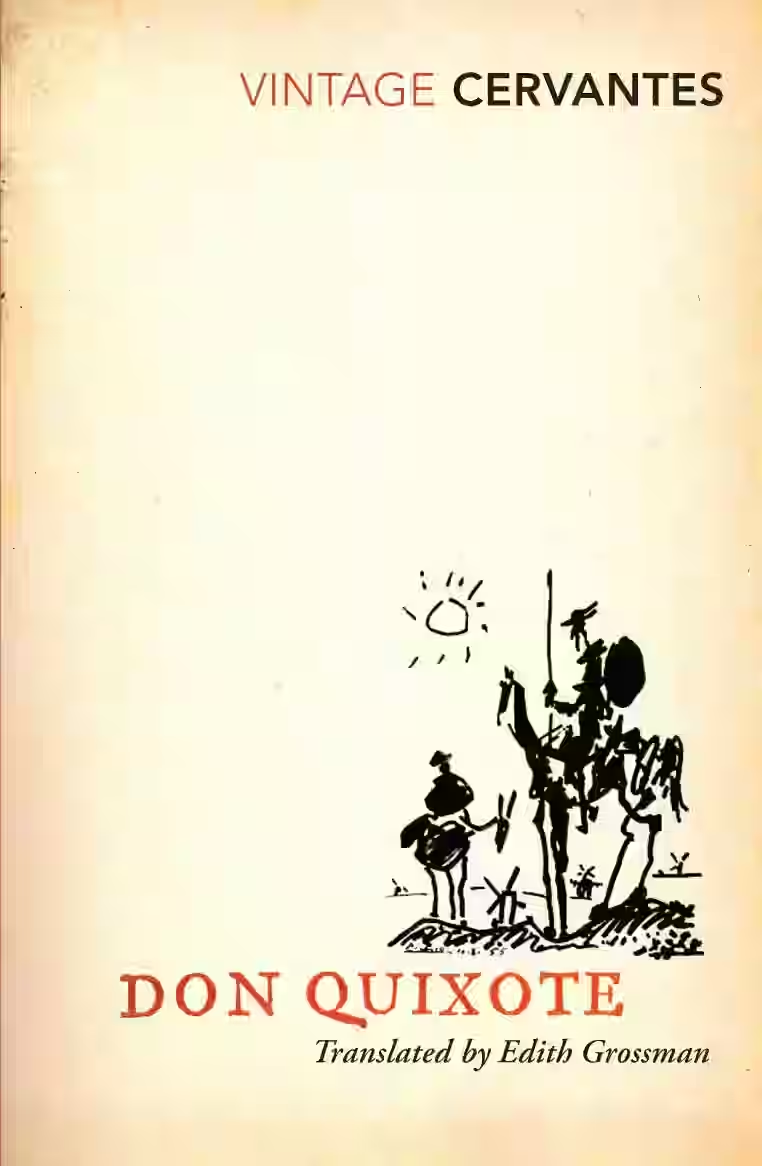
Don Quixote
An aging Spanish nobleman, inspired by tales of chivalry, becomes the errant knight Don Quixote. Accompanied by his loyal squire Sancho Panza, he embarks on absurd and touching adventures, battling windmills and chasing idealistic dreams. Don Quixote is a rich, satirical masterpiece that examines reality versus illusion, the power of literature, and the enduring human desire to find meaning and purpose—even when the world calls it madness.

The Final Girl Support Group
Grady Hendrix’s 'The Final Girl Support Group' reinvigorates the slasher genre by focusing on the aftermath of horror, exploring how trauma shapes its survivors—the 'Final Girls' often seen in horror films. Set within a support group where six women, all iconic final girls, gather to heal from past brutalities, the narrative unfolds as a new predator targets them. Hendrix crafts a tale that deconstructs traditional horror tropes, blending suspense, dark humor, and empathy. The characters are well-developed, their backstories rich with nods to classic slasher lore, making it a nostalgic yet fresh homage. The book combines horror and psychological insight, underscoring the resilience required in both literal and metaphorical survivals.

The Crying of Lot 49
Thomas Pynchon's 'The Crying of Lot 49' is a masterful exploration of paranoia, chaos, and conspiracy set in the backdrop of 1960s California. This postmodern novel follows the protagonist Oedipa Maas as she is named the executor of her ex-lover's estate, leading to the uncovering of a shadowy organization known as the Tristero. Through a series of cryptic clues and encounters with eccentric characters, Oedipa's journey delves deep into themes of communication, existential uncertainty, and the elusiveness of meaning. Pynchon's peculiar prose, laced with dark humor and cultural critique, challenges readers to question the nature of reality and interpretation, leaving a lasting impact on modern literature.
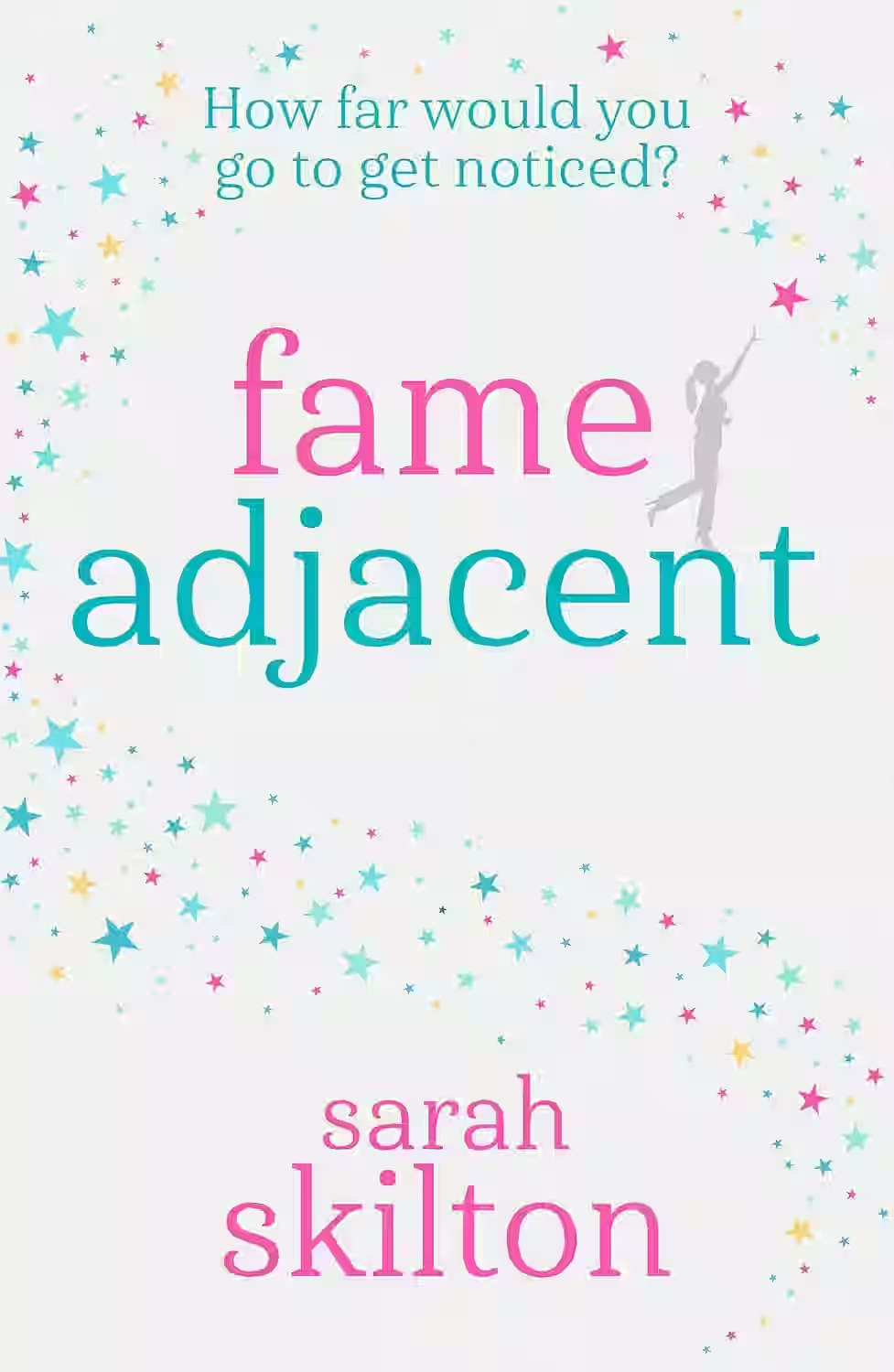
Fame Adjacent
In 'Fame Adjacent' by Sarah Skilton, we follow the story of Holly Danner, the best friend of a famous TV star, who struggles with her own identity while living in the shadow of her celebrity friend. The novel delves into themes of friendship, authenticity, and self-discovery as Holly navigates the glitz and glamour of Hollywood. Skilton skillfully weaves humor and heart into the narrative, exploring the complexities of relationships and the price of fame. Through witty dialogue and relatable characters, 'Fame Adjacent' offers a refreshing take on the cost of celebrity culture and the importance of staying true to oneself.

Utopia
by Thomas More
Utopia is Thomas More's work of philosophical fiction, imagining the island of the title, on which thousands live in peace and harmony. Through dialogue and correspondence between Raphael Hythloday and his friends and contemporaries, More explores the theories behind war, political disagreements, social quarrels and wealth distribution, and goes into the day to day lives of those citizens enjoying freedom from fear, oppression, violence and suffering. This vision of an ideal world is also a scathing satire of Europe in the sixteenth century which has been hugely influential since publication, shaping utopian fiction even to the present day.
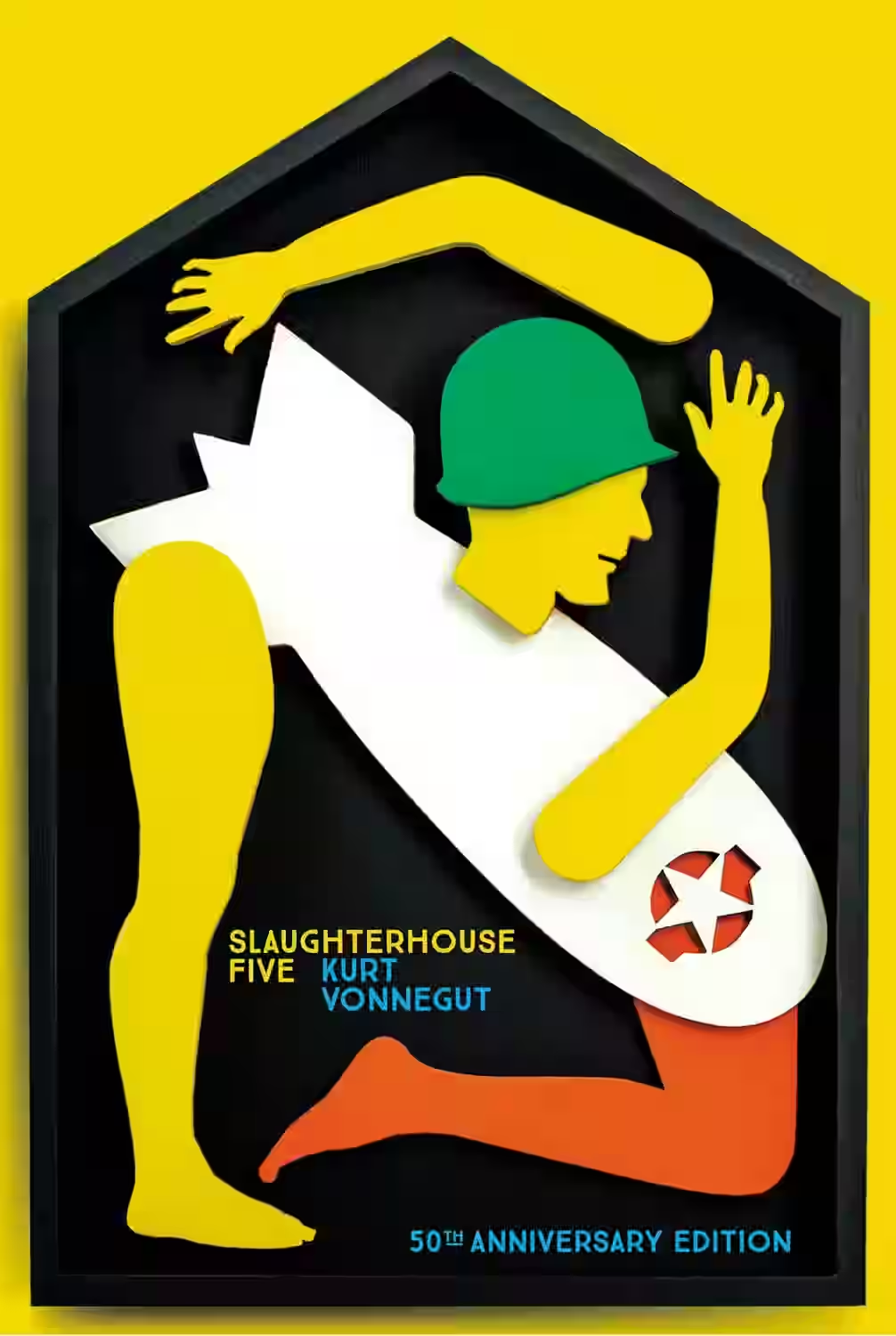
Slaughterhouse-Five
As a young man and a prisoner of war, Kurt Vonnegut witnessed the 1945 US fire-bombing of Dresden in Germany, which reduced the once proudly beautiful city to rubble and claimed the lives of thousands of its citizens. For many years, Kurt tried to write about Dresden but the words would not come. When he did write about it, he combined his trademark humour, unfettered imagination, boundless humanity and keen sense of irony to create one of the most powerful anti-war books every written, and an enduring American classic.

I Hope They Serve Beer in Hell
by Tucker Max
In 'I Hope They Serve Beer in Hell' by Tucker Max, readers are plunged into a world of unfiltered debauchery, humor, and unapologetic narcissism. The book follows the author's real-life escapades of excessive drinking, sexual encounters, and wild misadventures, all narrated in a brutally honest and politically incorrect manner. Through a series of outrageous anecdotes, Tucker Max challenges societal norms and tests the boundaries of acceptable behavior, creating a polarizing yet undeniably provocative read. The book's raw and explicit content may shock or offend some, but it undeniably offers a candid exploration of indulgence, consequences, and the pursuit of pleasure at all costs.
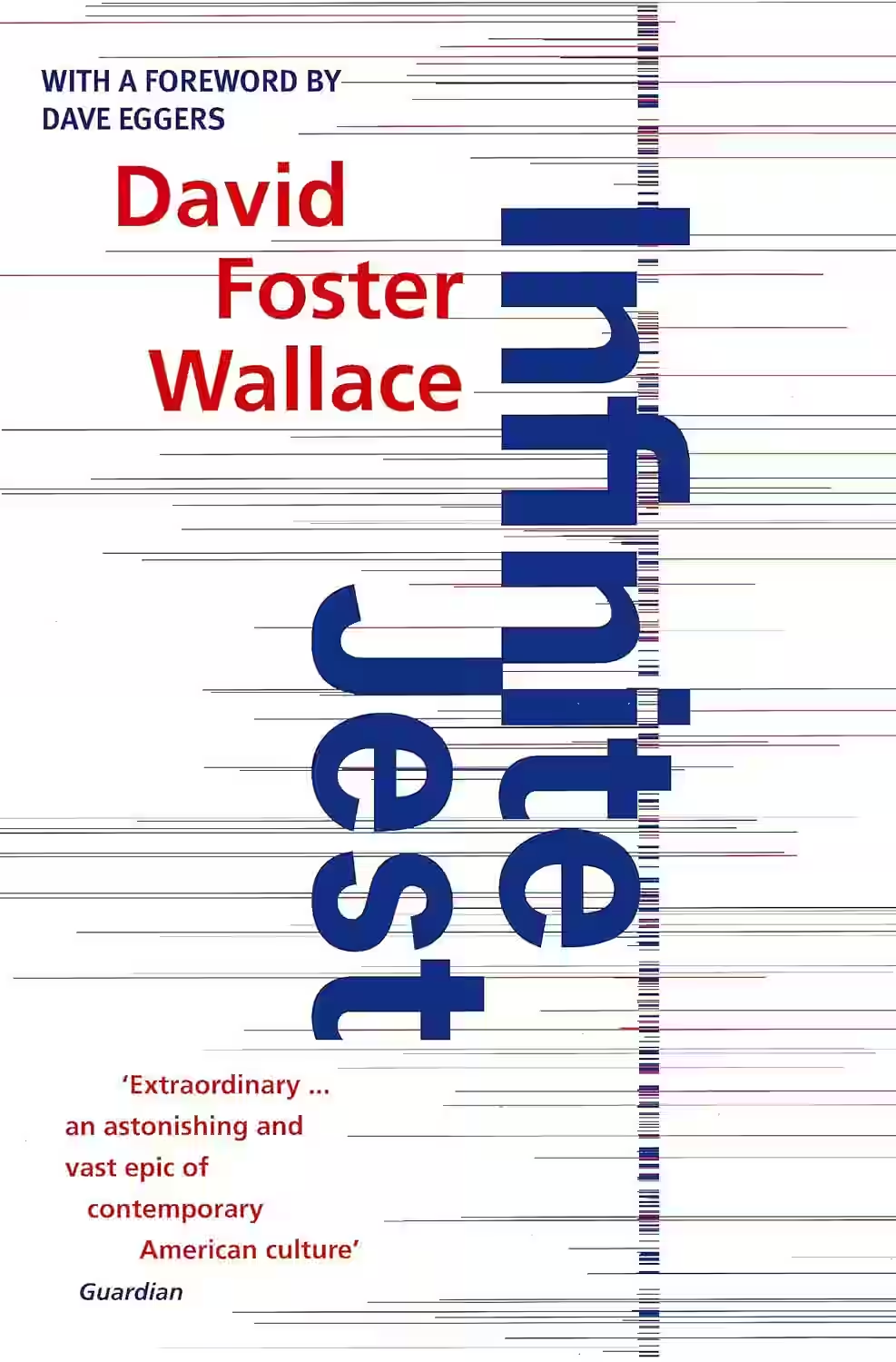
Infinite Jest
David Foster Wallace's 'Infinite Jest' is a sprawling, intricate narrative that delves into the complexities of addiction, entertainment, and the search for meaning. Set in a dystopian North America, the story primarily unfolds around the students of the Enfield Tennis Academy and the residents of a nearby drug and alcohol rehabilitation center. Through its rich, multifaceted characters and a plethora of subplots interwoven with irony and dark humor, the novel examines the human condition and our incessant quest for pleasure and distraction. Wallace's innovative narrative structure and his exploration of themes such as media saturation, corporate power, and existential angst challenge and captivate readers, marking 'Infinite Jest' as a seminal work of postmodern literature.
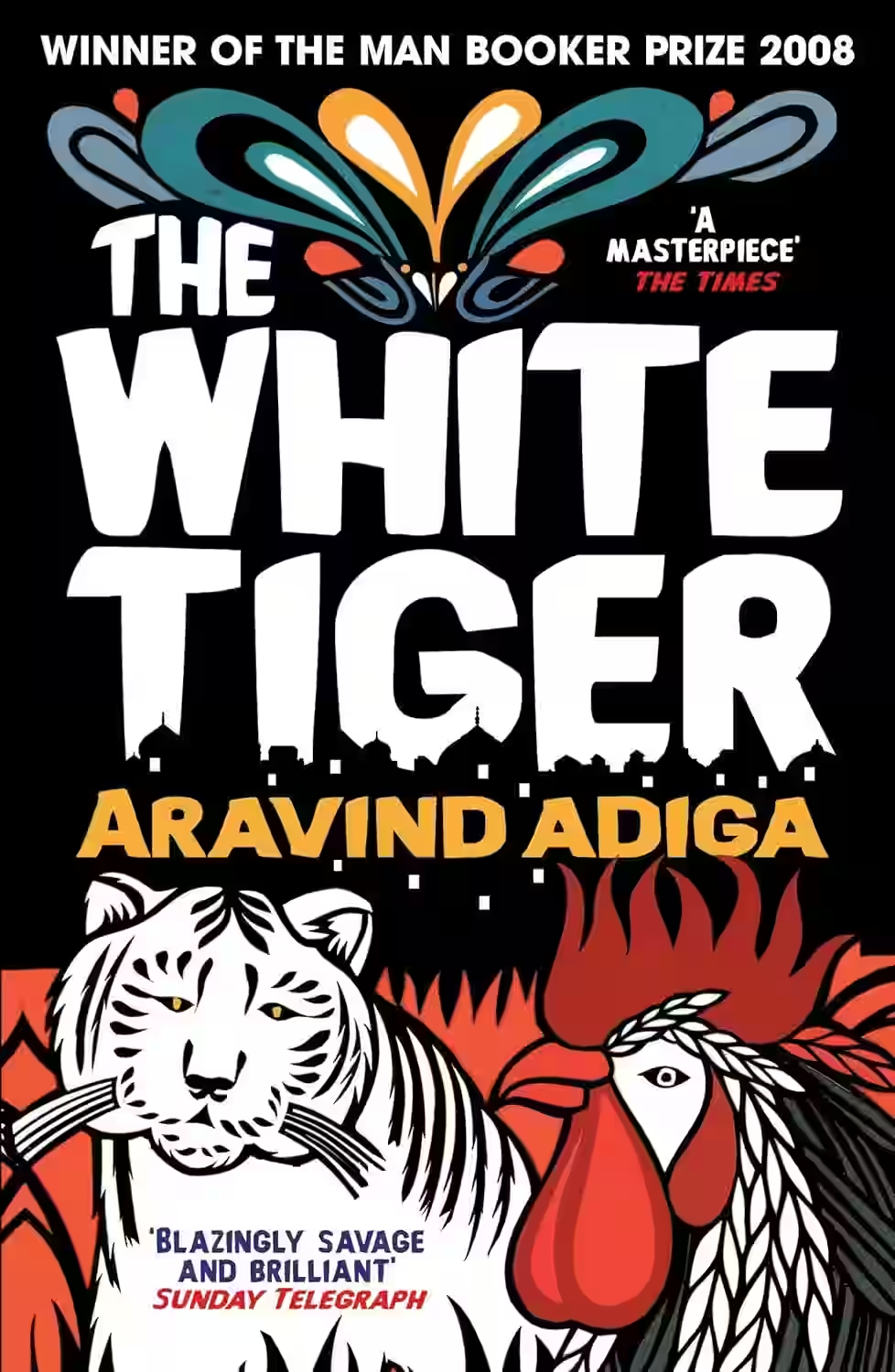
The White Tiger
Balram Halwai is the White Tiger - the smartest boy in his village. His family is too poor for him to afford for him to finish school and he has to work in a teashop, breaking coals and wiping tables. But Balram gets his break when a rich man hires him as a chauffeur, and takes him to live in Delhi. The city is a revelation. As he drives his master to shopping malls and call centres, Balram becomes increasingly aware of immense wealth and opportunity all around him, while knowing that he will never be able to gain access to that world. As Balram broods over his situation, he realizes that there is only one way he can become part of this glamorous new India - by murdering his master.
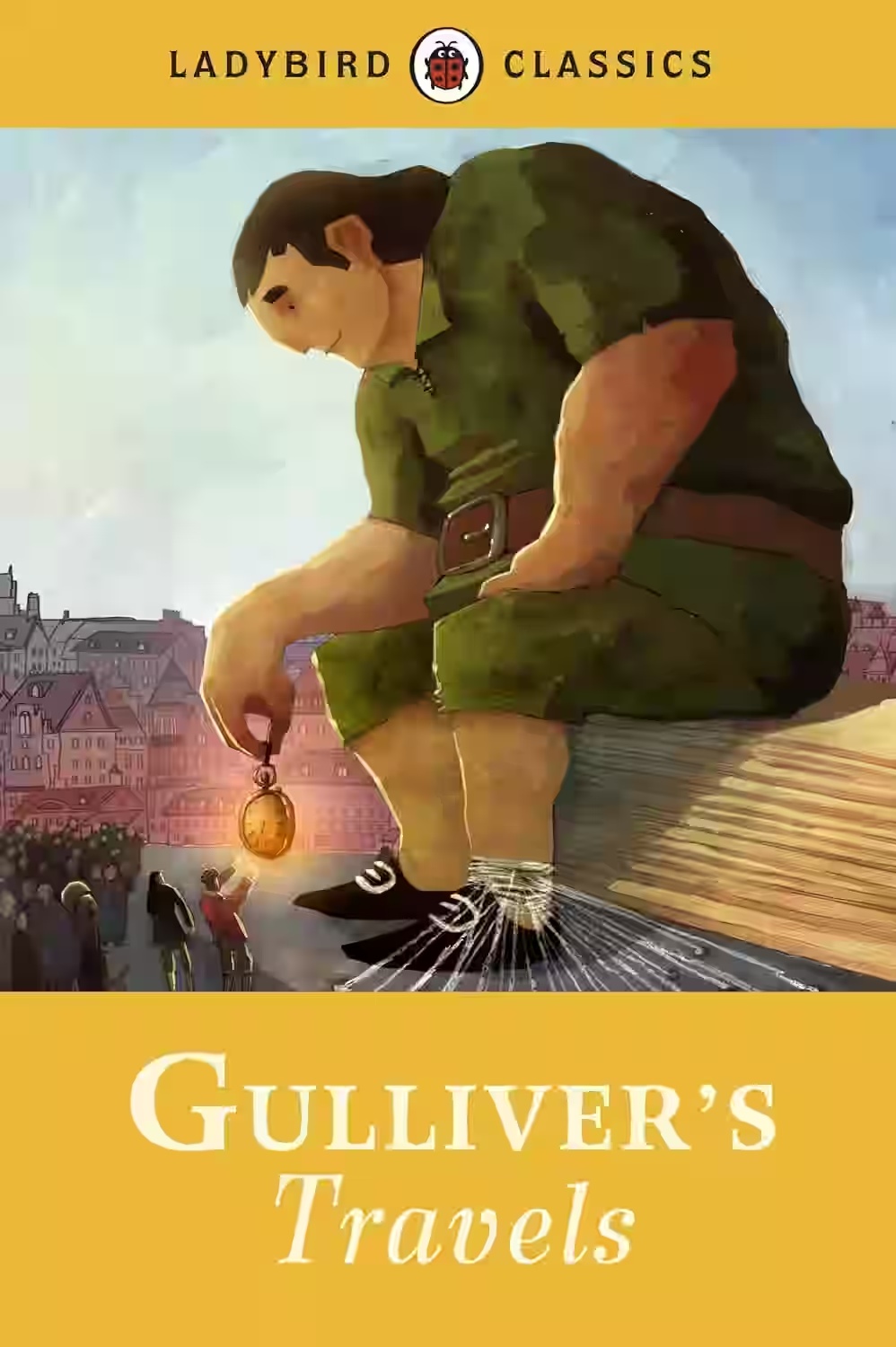
Gulliver’s Travels
This satirical classic follows Lemuel Gulliver’s fantastical voyages to strange lands—from tiny Lilliputians to giant Brobdingnagians, and beyond. Each journey critiques human nature, politics, and society through absurdity and exaggeration. Beneath its fantastical surface lies sharp social commentary on power, pride, and cultural hypocrisy. Swift’s wit and imagination make Gulliver’s Travels a timeless work of political satire and philosophical reflection, as relevant today as when it was published in 1726.
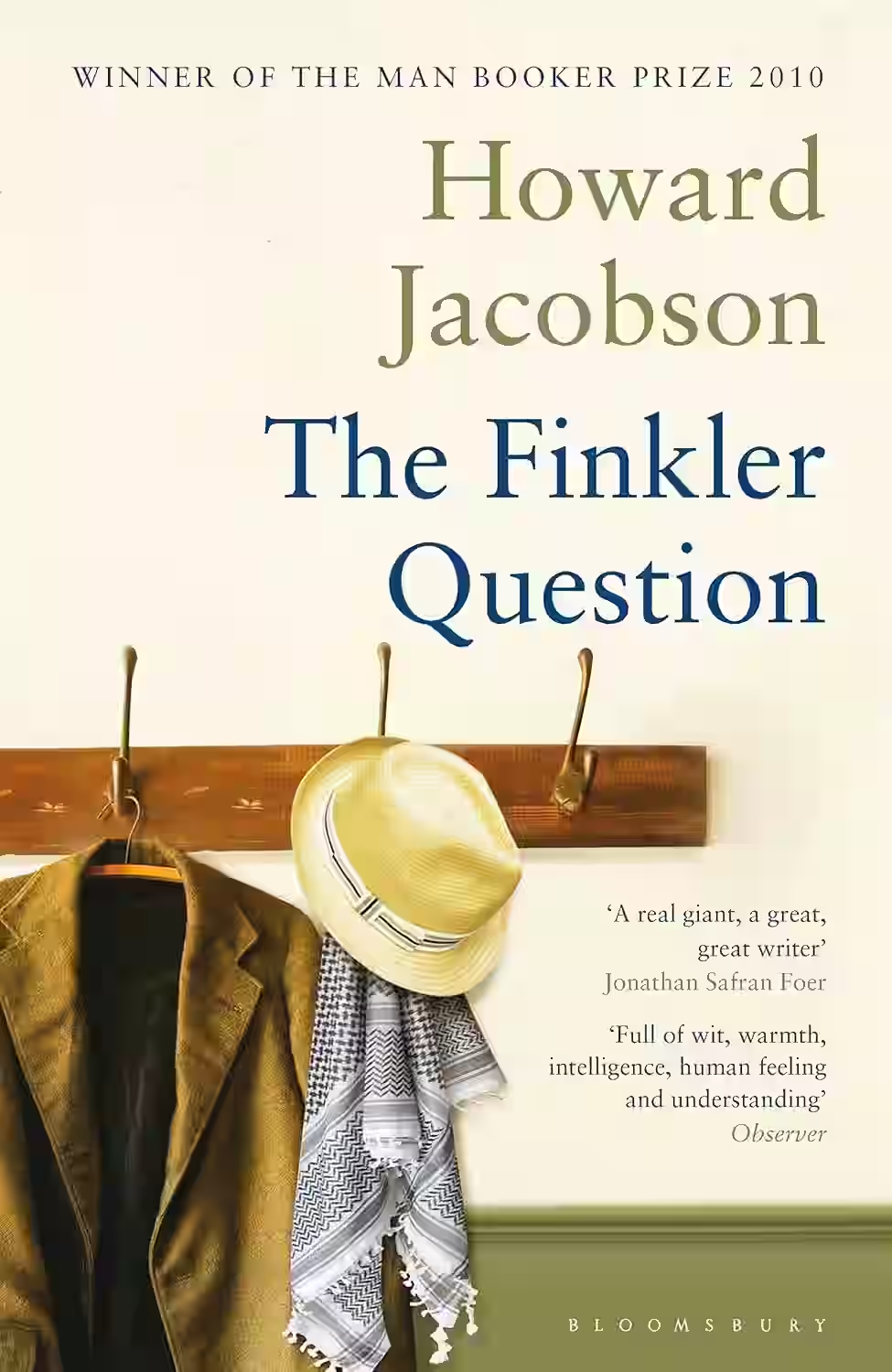
The Finkler Question
Julian Treslove, a non-Jewish man, becomes obsessed with Jewish identity after a mugging incident. Through his relationships with two Jewish friends, Sam Finkler and Libor Sevcik, Julian explores themes of friendship, loss, and the complexities of Jewishness in contemporary Britain. Jacobson's novel, which won the Man Booker Prize, offers a satirical yet poignant examination of identity, belonging, and the nuances of cultural affiliation.
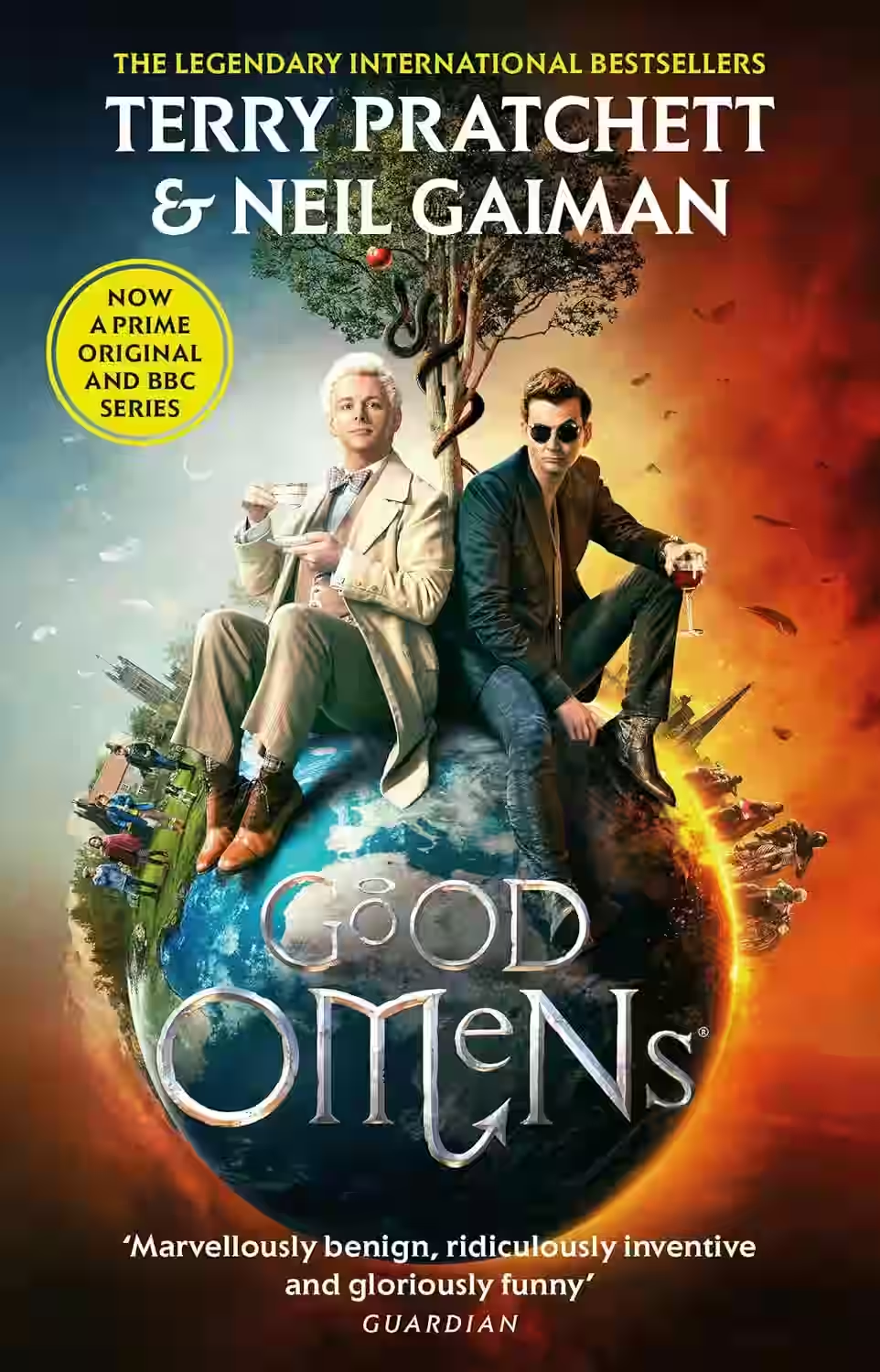
Good Omens
by Neil Gaiman, Terry Pratchett
In 'Good Omens' by Neil Gaiman and Terry Pratchett, readers are taken on a delightful and witty journey through the unlikely pairing of an angel and a demon who team up to stop the apocalypse. The book masterfully combines elements of fantasy, humor, and satire to deliver a story filled with quirky characters and clever wordplay. Gaiman and Pratchett's writing styles complement each other beautifully, creating a seamless narrative that is both entertaining and thought-provoking. As the duo navigates through good, evil, and the absurdities of human nature, readers are treated to a unique blend of laughter and deep insights.
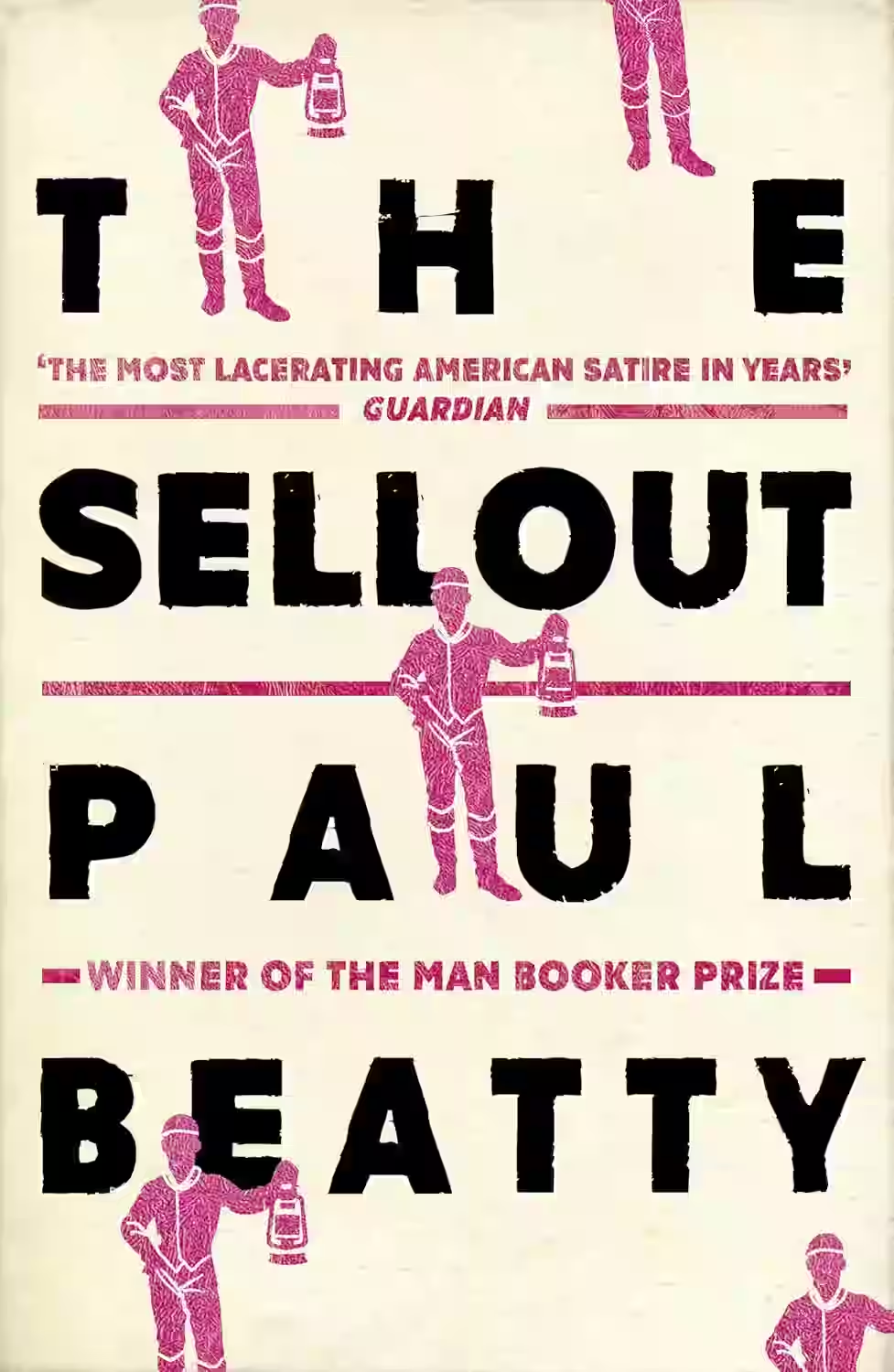
The Sellout
by Paul Beatty
The Sellout is a sharp and satirical novel that tackles race, identity, and American society with biting wit. When the fictional agrarian town of Dickens, California, is erased from the map, its black protagonist attempts to reinstate segregation and slavery to put it back on the map, forcing a provocative and uncomfortable examination of history and contemporary issues.
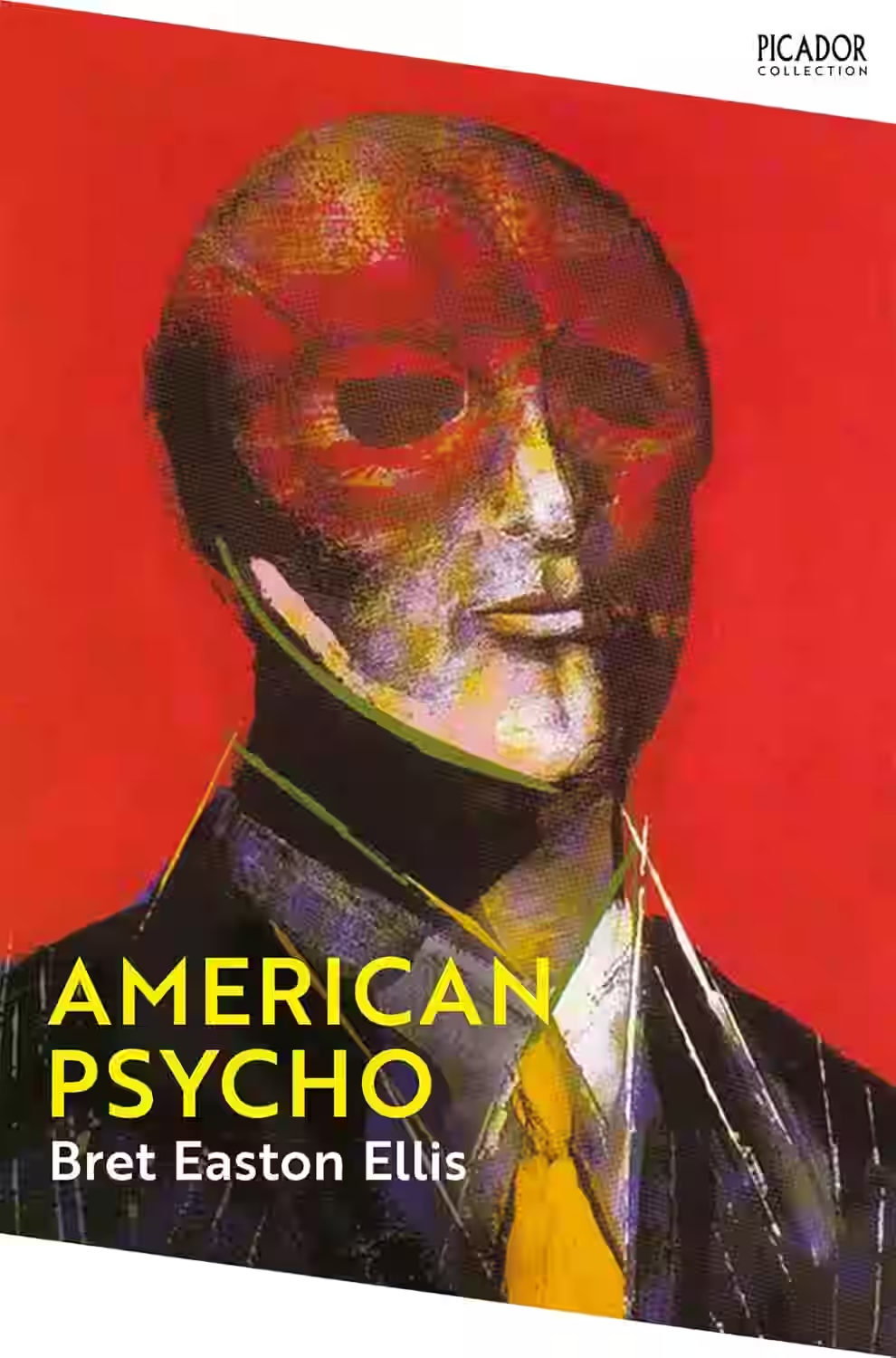
American Psycho
American Psycho is a satirical novel set in 1980s Manhattan, following Patrick Bateman, a wealthy investment banker who leads a double life as a serial killer. Through Bateman's chilling narrative, the book critiques the superficiality and moral decay of yuppie culture. Ellis presents a disturbing portrait of a man consumed by materialism and devoid of empathy, highlighting the dark undercurrents of consumerist society. The novel's graphic content and unreliable narration challenge readers to question the nature of reality and the depths of human depravity.
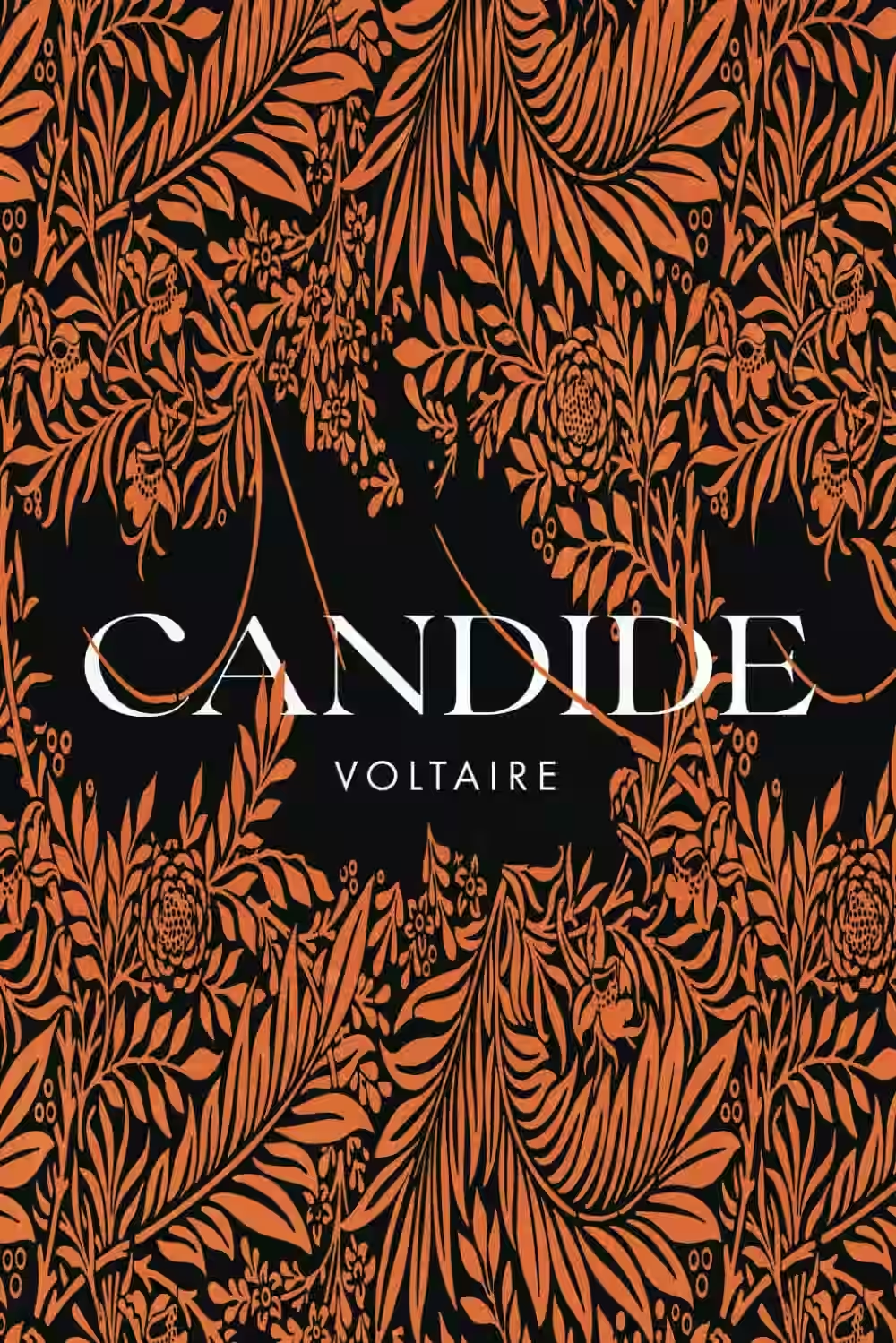
Candide
by Voltaire
Voltaire’s satirical novella follows the optimistic Candide as he travels the world facing war, disaster, and betrayal. Guided by the philosophy that “all is for the best,” Candide endures misfortunes that challenge this belief. A biting critique of blind optimism, religious hypocrisy, and societal corruption, Candide blends absurdity and wit with Enlightenment-era commentary. It remains a seminal work in Western literature for its sharp humor and philosophical depth.